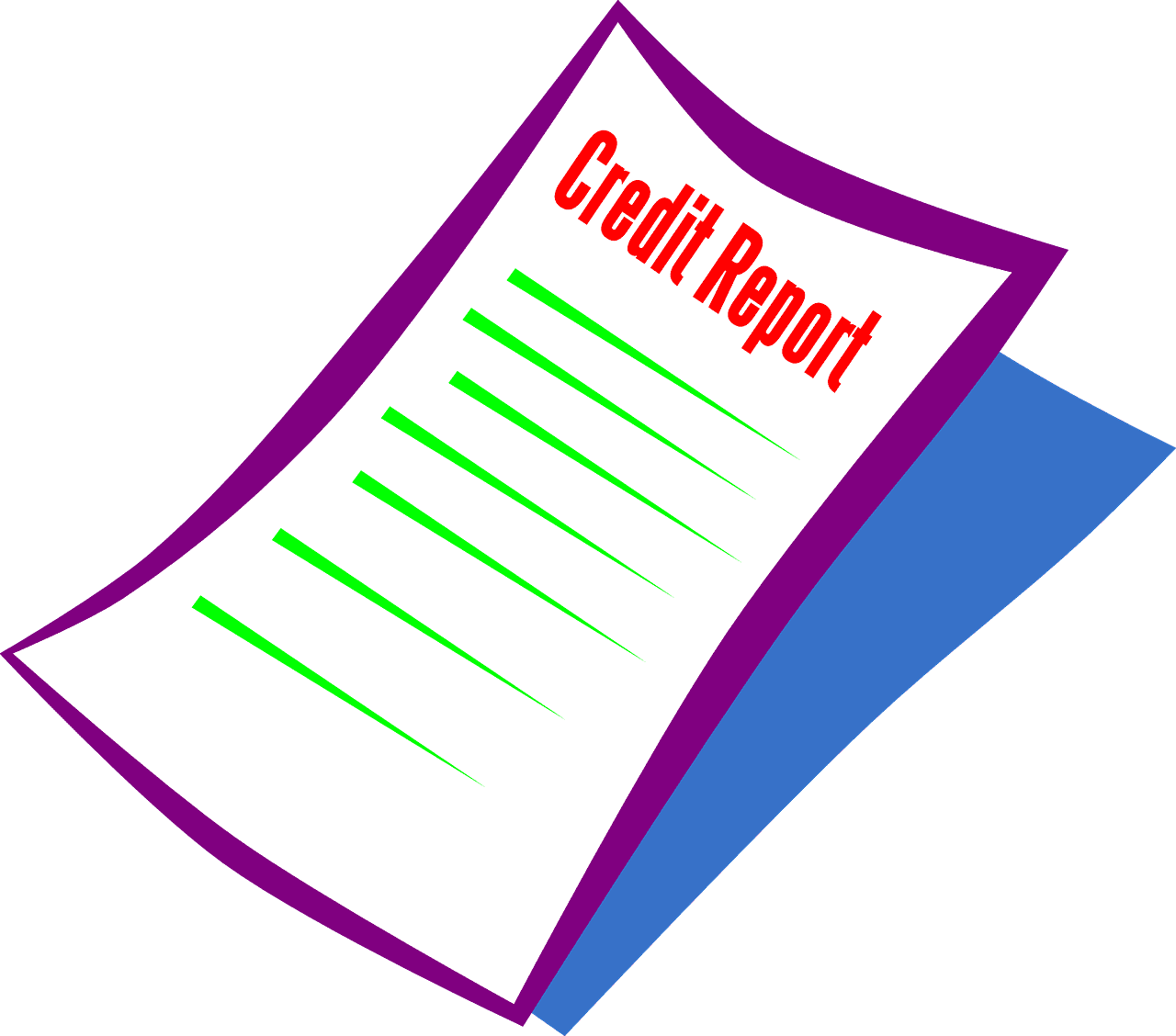
In a world run on debt, credit lines, and loans, staying on the safe side can sometimes mean the difference between a luxurious life and an unnecessary laborious one. Banks, lending institutions, organizations, and many other financial entities perceive credit score as the most important metric for the credit score of an individual. We’ll provide you with a brief guide that should help you improve and maintain your credit score.
Use Credit Monitoring and Management
There are credit monitoring services that allow you to see any fluctuations happening in your credit score. Such services don’t have to be paid, as you can find many lending institutions already offering this service for free on top of a loan or line of credit. A lot of people use credit monitoring services to stay on the safe side from malicious activities like identity theft and fraud. As mentioned on Creditry.com, credit management is your best bet to know and gather the facts you need regarding debt, credit lines, taxes, and loans. It’s better to have a professional by your side to manage your credit lines and scores if you’re planning on achieving big goals.
Claim up to $26,000 per W2 Employee
- Billions of dollars in funding available
- Funds are available to U.S. Businesses NOW
- This is not a loan. These tax credits do not need to be repaid
Paying Bills and Monthly Payments
This may sound intuitive, but the easiest way to improve and maintain your credit score is by simply making the payments at the scheduled time. Missing a payment once or twice every year isn’t a big deal, but when you’re constantly missing a lot of bills for long periods, your credit score is going to gravely impact. Loans and utility bills are quite important to be paid on time because they are easily noticed by official or private financial institutions. Even if you’re late on payments, never default on loans if you don’t want your credit score to extremely suffer.
Keep Credit Balance Low
Even if you’re someone who always pays what he owes, having too much credit balance doesn’t look good from the bank’s perspective. To be specific, the credit balance is a factor in the overall calculation of credit score. For example, if you have a $1000 credit limit, the balance taken shouldn’t exceed $350 if you want it to not impact your credit score. If you manage to demonstrate to the lending institutions that check your reports that you’re trying to reduce the credit balance that you owe, in general, they’ll perceive you as a lower-risk borrower and allow you to make better offers.
Don’t Close Old Accounts
If you have accounts that are open for a long time without a lot of activity on them, avoid closing them. Banks are factoring in the length of time that you’ve had a credit line established by a lending institution. A positive history with any lender still counts if you still have the account open, so it could be checked by the report or analysis done by the lending institution you’re targeting. Avoid having too many accounts and credit cards lying around to prevent theft or confusion.
As you may know, having a good score means that you have more capability to lend and make deals with lending institutions. These financial establishments look at the credit score to analyze risk based on your previous experiences with other lending institutions. This isn’t just a first financial impression, but also the most important one that will dictate your financial course of action.




